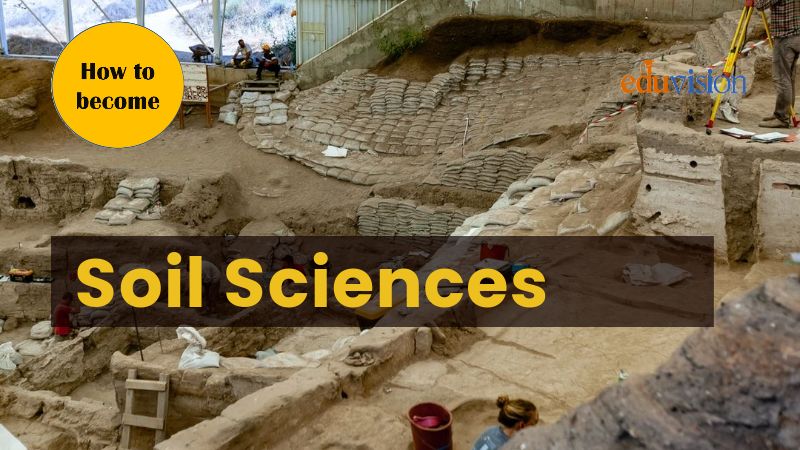SOIL SCIENCES
Introduction
Soil Science is the study of the physical, chemical and biological characteristics and behaviors of soils and deals with soil formation, classification and mapping. Soils are not merely the resource for food production, but also play a crucial role in waste management, supporting the distribution of plants and animals and also support in distribution and storage of water and nutrients.
Soil science is an integrated discipline of biology, chemistry, physics, geology, geography, climatology, hydrology and mathematics.
Nature of Work
Soil Scientists
- Focus on understanding, managing and improving soil and water resources.
- Study the upper earth crust in terms of its physical and chemical properties; distribution, genesis and morphology; and biological components and attempt to determine the origin, distribution, composition and classification of soil.
- Collect, consult, investigate, evaluate, interpret, plan and inspect data related soil science.
- Develop methods of conserving and managing soil
- Advise and suggest farmers and other landowners regarding ways, in which they can best use land, promote plant growth and avoid or correct problems such as erosion.
- Conduct experiments to develop new or improved varieties of field crops, focusing on adaptation to specific soils or climates.
- Investigate soil problems and poor water quality to determine sources and effects.
- Manage soils for crop and forest production and erosion control management, evaluate nutrient and water availability to crops.
- Identify and develop methods and techniques to improve chemical, biological and physical characteristics of degraded or contaminated soils
|
Education |
Admission Requirements |
|
|
Degree Duration M.Sc. Ph.D. |
B.Sc. 4 Years 2 Years 3-5 Years |
|
|
Qualities Required |
Job Opportunities |
|
|
|
|
Views: 17361






